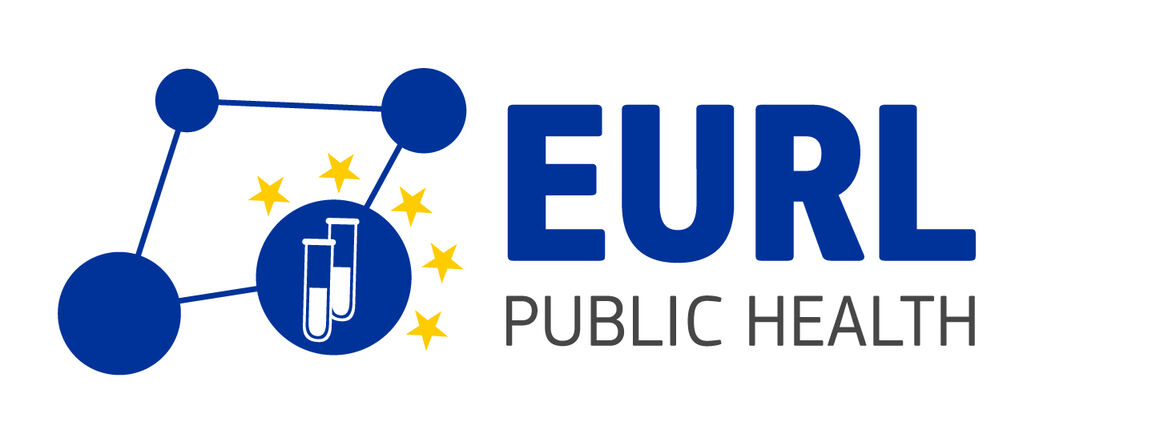EU Reference Laboratories for public health

The European Commission designates EU Reference Laboratories (EURLs) in public health to support national reference laboratories in improving diagnostics, testing methods, and surveillance of serious cross-border health threats. The purpose is to facilitate data comparability, and promote harmonised approaches and best practices across EU Member States.
EURLs carry out a range of critical tasks to strengthen public health laboratory capacity across the EU:
- Developing and disseminating reference diagnostics, including standardised test protocols;
- Providing reference materials;
- Conducting external quality assessments (EQAs);
- Providing scientific advice and technical assistance;
- Coordinating collaboration and research;
- Monitoring and supporting outbreak response; and
- Delivering training to build capacity.
The EURLs are designated for seven years and are funded under the EU4Health programme.
Regulation (EU) 2022/2371 on Serious Cross-Border Threats to Health introduced a legal mandate for the designation and implementation of EU reference laboratories in public health. In March 2024, the European Commission adopted an Implementing Regulation that designated the first six EURLs for public health. A further three EURLs were designated by an Implementing Regulation in November 2024.
ECDC’s role
ECDC is responsible for establishing, operating, and coordinating the network of designated EURLs to ensure effective collaboration and integration.
Podcast
ECDC: On Air - Episode 68 - A Network of Laboratory Excellence
In this episode, we discuss EU Reference Laboratories (EURLs) with Andreas Hoefer from ECDC and Rita Figueira from the European Commission’s DG SANTE.
Designated EURLs for public health per area
Pathogens covered:
EU Reference Laboratory for Public Health on Antimicrobial Resistance in Bacteria
This consortium is led by Statens Serum Institut (SSI), Denmark, and also composed of Danmarks Tekniske Universitet (DTU), Denmark, and Clinical Microbiology Region Kronoberg, Sweden.
- carbapenem-resistant Enterobacterales
- carbapenem-resistant Acinetobacter baumannii
- carbapenem-resistant Pseudomonas aeruginosa.
EU Reference laboratory for Public Health on Diphtheria and Pertussis (EURL-PH-DIPE)
This consortium is led by the University of Turku (UTU), Finland. Also composed of Institut Pasteur, France; Vrije Universiteit Brussel (VUB), Belgium; and Sciensano, Belgium Bayerisches Landesamt für Gesundheit und Lebensmittelsicherheit, Germany.
- Bordetella spp.
- toxin producing Corynebacterium spp.
EU Reference Laboratory for Public Health on Emerging, Rodent-borne, and Zoonotic Viral Pathogens (EURL-PH-ERZV)
This consortium is lead by Folkhälsomyndigheten (Fohm), Sweden. Also composed of Istituto Nazionale per le Malattie Infettive “Lazzaro Spallanzani”, Italy; Institut Pasteur, France; and Nemzeti Népegészségügyi és Gyógyszerészeti Központ, Hungary.
- arenaviruses
- filoviruses
- hantaviruses
- henipaviruses
- lyssaviruses,
- poxviruses
- viral “Disease X” (except those falling under EURL-PH-RESVIR).
EU Reference Laboratory for Public Health on "High-risk, emerging and zoonotic bacterial pathogens" (EURL-PH-HEZB)
This consortium is led by Robert Koch-Institut (RKI), Germany. Also composed of Institut für Mikrobiologie der Bundeswehr, Germany; Folkhälsomyndigheten (Fohm), Sweden; and Instituto Nacional de Saúde Doutor Ricardo Jorge (INSA), Portugal.
High risk, emerging and zoonotic bacterial diseases, such as:
- anthrax
- brucellosis
- glanders
- leptospirosis
- Lyme borreliosis
- melioidosis
- plague
- Q fever
- rickettsiosis
- tularaemia.
EU Reference Laboratory for Public Health on Legionella (EURL-PH-LEGI)
This consortium is led by Hospices Civils de Lyon, France. Also composed of Istituto Superiore di Sanità (ISS), Italy; Technische Universitaet Dresden, Germany; and Instituto Nacional de Saúde Doutor Ricardo Jorge (INSA), Portugal.
- Legionella spp.
EU Reference Laboratory for Public Health on Vector-borne Viral Pathogens (EURL-PH-VBV)
This consortium is lead by Rijksinstituut voor Volksgezondheid en Milieu (RIVM), the Netherlands. Also composed of Institut national de la santé et de la recherche médicale (INSERM), France; Aristotle University of Thessaloniki (AUTH), Greece; Azienda Ospedale - Università Padova, Italy; and Univerza v Ljubljani, Slovenia.
- flaviviruses (e.g. dengue virus, Japanese encephalitis virus, tick-borne encephalitis virus, West Nile virus, yellow fever virus, Zika virus)
- alphaviruses (e.g. chikungunya virus, Sindbis virus)
- bunyaviruses (e.g. Crimean-Congo haemorrhagic fever virus, Rift Valley fever virus, Toscana virus)
- arboviruses in other virus families.
| EU Reference Laboratories for public health in the field of: | Consortium led by: | Also composed of: | Pathogens covered: |
|---|---|---|---|
| Food- and water-borne bacteria | Statens Serum Institut (SSI), Denmark |
|
|
| Food- and water-borne viruses | Norwegian Institute of Public Health (NIPH), Norway |
|
If needed, also other food- and water-borne viruses. |
| Food-, water- and vector-borne helminths and protozoa | Istituto Superiore di Sanità (ISS), Italy | Folkhälsomyndigheten (Fohm), Sweden |
If needed, also other food- , water- and vector-borne parasites of public health relevance, such as:
|
| Respiratory Viruses | Erasmus Medical Center (EMC), Netherlnads |
|
|




